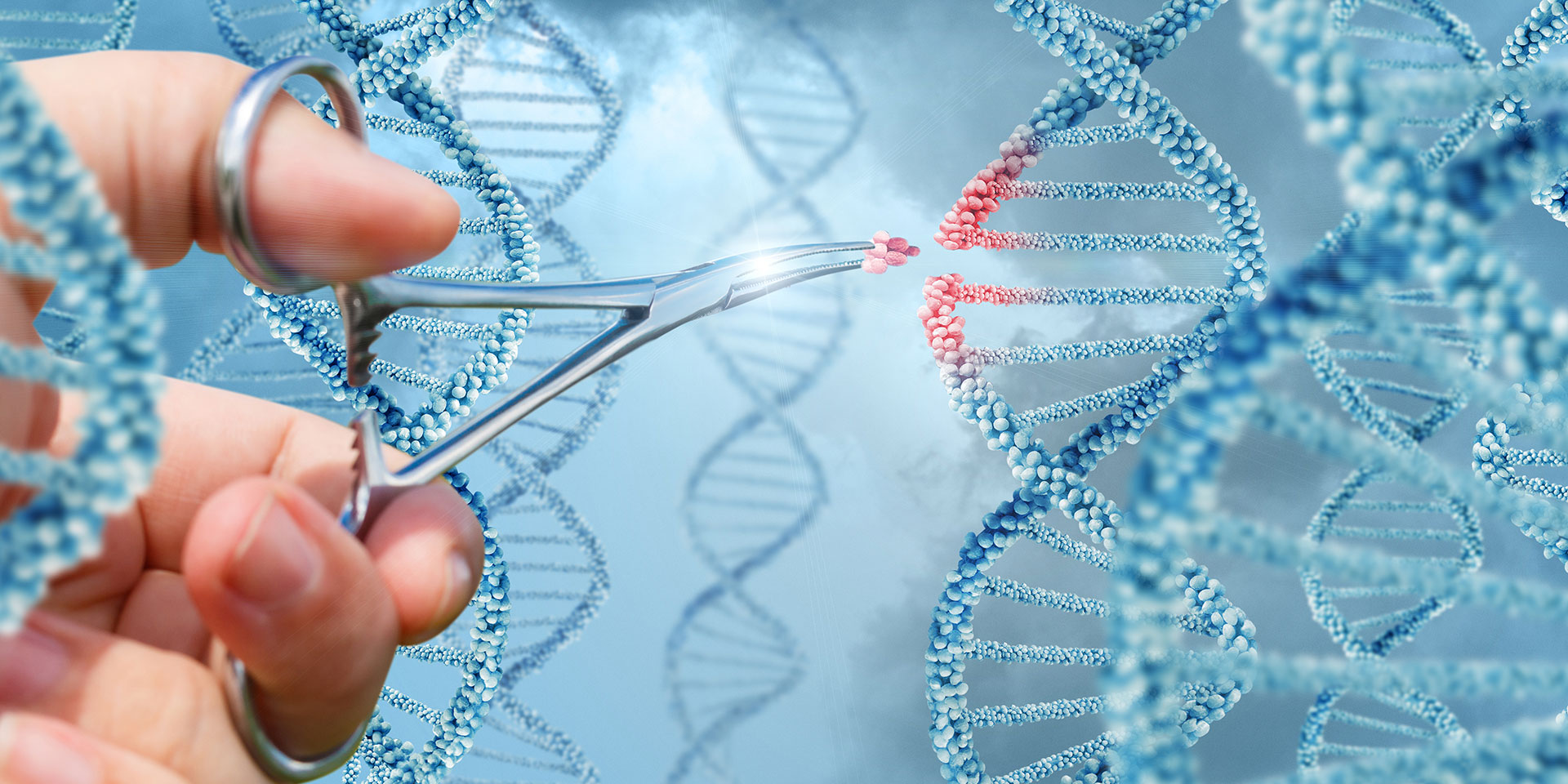The stakes are high when it comes to homosexuality, promiscuity, alcoholism, violence, and the like. Previously seen as a result of environmental influence and moral choice, they have now become a genetical given.
Let’s talk, in this case, about the violence gene. Do the huge sums invested in the study of the genetic causes of human behaviour promise medical solutions to eradicate violence? If so, it means that behavioural deviations will no longer call humans to change their lives, but to the hospital, for medication or genetic engineering.
The sense of moral responsibility would suffer the most. But it would be convenient, because it would absolve us, as individuals and as society, of acknowledging our moral and spiritual failure. As for what is normal and what is not, which genes should be kept and which should not, this would be determined by social consensus, not by an absolute reference system.
However, scientists acknowledge that the link between genes and behaviour cannot be a cause-and-effect one. Human experiences which can be observed with the naked eye show that man can be educated, and free moral choice has a defining role.
However, in the background, society’s thinking began to change. Naturalistic materialism considers us simple biological machines—our life has nothing special or unique. Postmodernist anthropology depersonalizes the individual—we are socially conditioned beings. Thus, man is stripped of intrinsic value. If we are just biological machines, life can be bought, manipulated, conditioned, and interrupted, which is the case with embryos or foetuses. If it is a social construction, its rights are no longer universal and inalienable, but relative to the culture to which it belongs.
In the end we can see how widely points of view can differ. A Christian friend once told me: “If we are beings in a Universe in which everything originates from and depends on God, it is not culture that conditions man, but vice versa. It’s not the ecosystem that is decisive for man, but the other way around.”




















